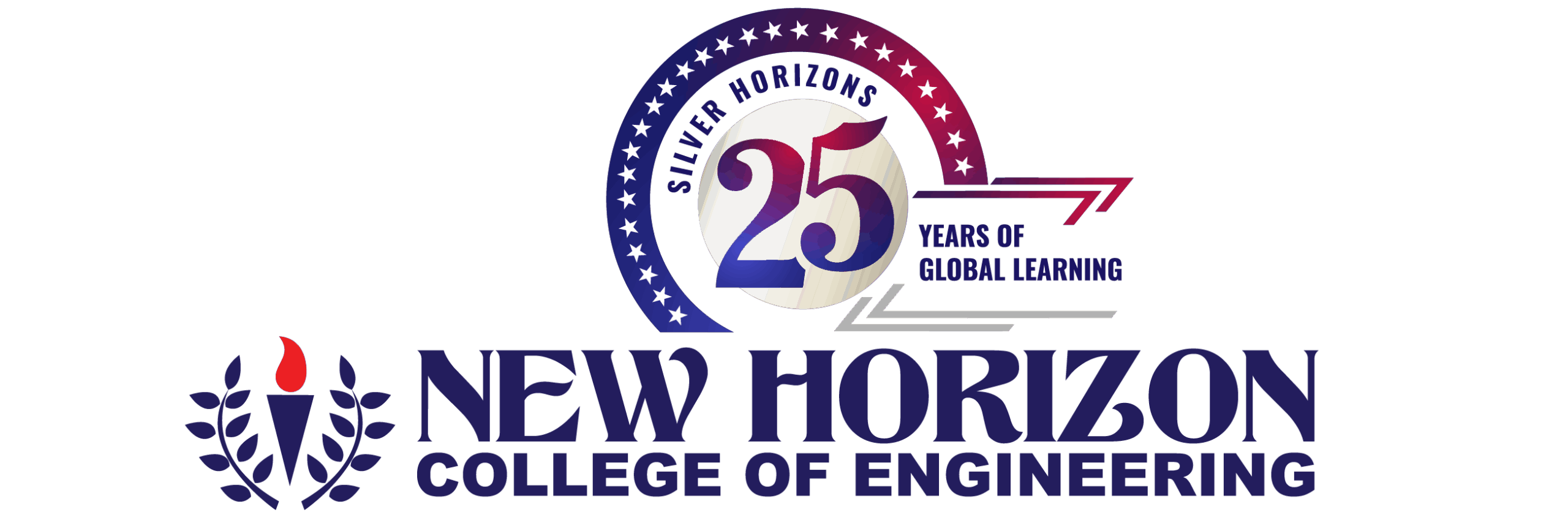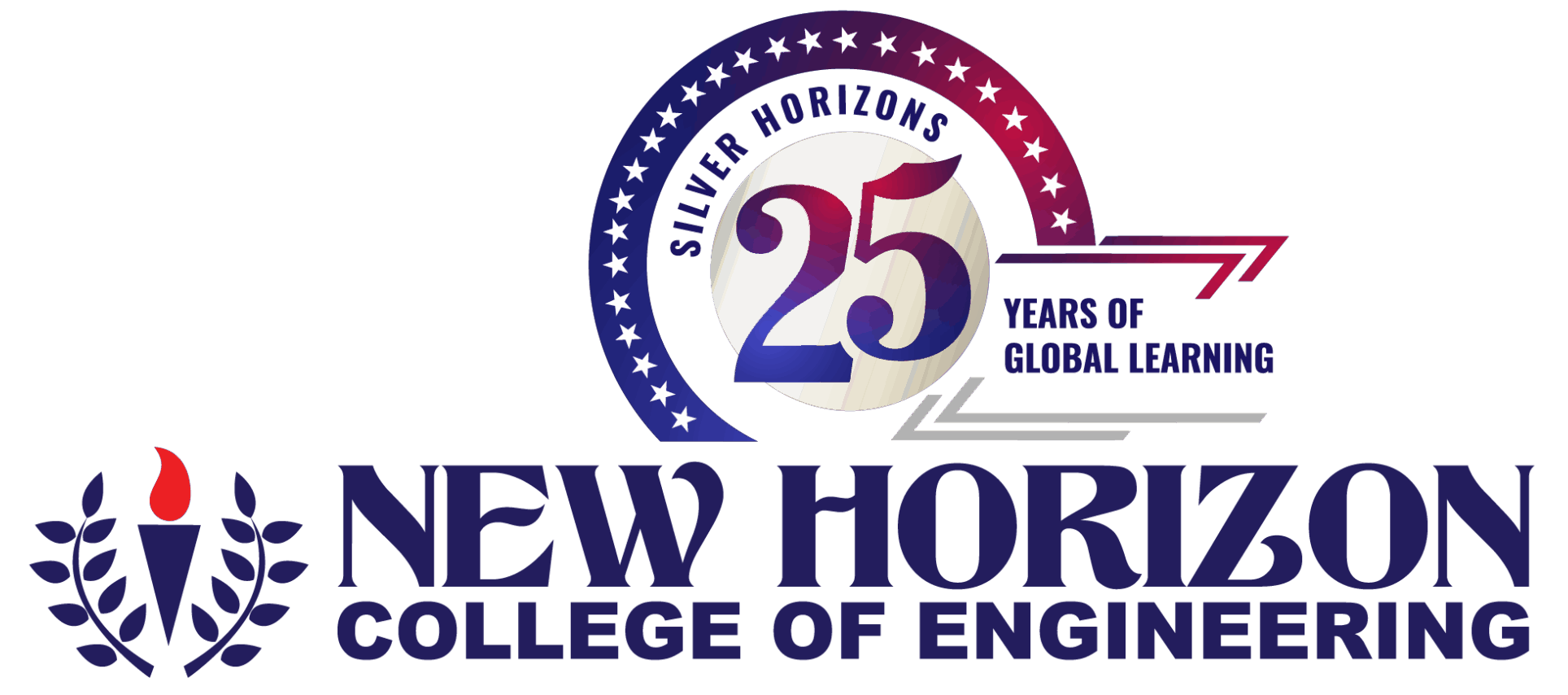Exploring Engineering: Discover the Different Types of Engineering
Engineering propels societies toward progress, innovation, and better quality of life. It is an application of scientific and mathematical aspects in the development of solutions for complex problems while ensuring sustainability and efficiency. Pursuing a degree from a Top engineering college opens doors to diverse opportunities and specializations like civil, mechanical, electrical, biomedical, and environmental engineering, each addressing unique challenges.
Civil engineers design infrastructure, while mechanical engineers develop machines to aid various functions. Electrical engineers focus on power and energy systems, whereas biomedical engineers drive innovations in healthcare. With the vast flexibility offered by an engineering college, students gain the skills to develop solutions for large-scale international problems, from infrastructure development to cutting-edge technology, making engineering crucial for advancement and development.

Types of Engineering
Civil Engineering
Civil practice is the professional engineering discipline concerned with designing, constructing, and maintaining infrastructure projects. Enrolling in an engineering program specializing in civil engineering provides the necessary skills to work on projects such as roads, bridges, dams, airports, sewage systems, pipelines, and railways.
Key Responsibilities and Projects
The basic responsibilities of a civil engineer include design of projects, management of their construction process, following safety and environmental regulations, and testing structures with materials.
Career Opportunities and Growth Prospects
A civil engineer can either work for the government, join a company, or start their own company. It also has an excellent possibility of growth since infrastructure is continually being constructed and its role is geared towards development. They can also specialize in other sub-disciplines such as the following: Structural, transportation, and environmental.

Mechanical Engineering
Mechanical engineering deals with the design, analysis, manufacturing, and maintenance of mechanical systems. It incorporates topics on a very wide range—from conceptualizing minute machinery to perfecting the process of manufacture and inventing new materials.
The key responsibilities and projects
Mechanical engineers will design and test mechanical devices, which includes analyzing problems to find out how mechanical and thermal devices might help solve a particular problem. It is their responsibility to oversee the manufacturing process and ensure the device created is safe to use. This can include developing automotive parts or energy-efficient solutions.
Career Opportunities and Growth Prospects
Mechanical engineering will probably become one of the most wide-ranging fields of engineering, considering its application in industries such as automotive, aerospace, energy, and robotics. Still, the prospects for growth are quite promising, considering the continuous demand for innovative solutions in manufacturing, renewable energies, and automation. Due to its growing demand, mechanical engineers are at the very forefront of developing or optimizing new and existing systems.
You might also like to know about What Jobs Can You Do With Mechanical Engineering?

Electrical Engineering
It is a branch of engineering that deals with the research, design, and application of electrical systems, equipment, and their applications. It holds quite a number of subfields, of which some include electronics, power engineering, telecommunication, and control systems. Electrical engineers do so from the simplest, a microchip, to the enormous and intricate, a generation system.
Key Responsibilities and Projects
Electrical engineers design, develop, test, and take care of the manufacturing of electrical equipment. Other major works are in the areas of the design of power systems, renewable energy solutions, and communication systems.
Career Opportunities and Growth Prospects
The vast area of electrical engineering encompasses the electricity generation stages, communication systems, automotive industries, and consumer electronics. With new technologies still being invented in the 21st century, vibrant prospects exist for the ever-increasing demand for electrical engineers.

Chemical Engineering
Chemical engineering is the branch of engineering that deals with designing and producing chemical manufacturing processes. Pursuing the best engineering course in this field provides knowledge in areas such as chemistry, physics, mathematics, biology, and economics. Products like detergents, gasoline, and other essential items are developed through these principles.
Aerospace Engineering
Aerospace engineering is the field of engineering connected with the design, development, production, and operation of aircraft, spacecraft, and guided missiles.
Key Responsibilities and Projects
The stream draws on concepts from mechanical, electrical, and computer engineering in the design, testing, and production of air and spacecrafts. They design and test aircraft, satellites, and missiles, meeting all requirements concerning safety and performance. This may involve designing new propulsion systems, aerodynamic improvements, and advanced materials and technologies with improved efficiency and sustainability.
Career Opportunities and Growth Prospects:
Aerospace engineering represents a very wide set of career opportunities in defense, space exploration, and commercial aviation. With new advances in space technology and ever-growing demand for much faster and more economical air travel, the field is bound to be one with growing growth. This surely will take innovation to new dimensions on earthy and extraterrestrial fronts.
Computer Engineering
Computer engineering is the field that brings together electrical engineering and computer science principles in the design of computer systems. It involves the design, development, testing, and maintenance of these systems so that effective and reliable computing performance can be achieved.
Key Responsibilities and Projects
Computer engineers design processors, circuit boards, and networks. Moreover, they design firmware and work on system integration. This work includes the development of projects for building embedded systems, developing AI algorithms, or attaining better performance from hardware and enhancing cybersecurity measures.
Career Opportunities and Growth Prospects
The career options available for computer engineers are quite versatile, and growth can be assured. They can work in software development, hardware design, cybersecurity, artificial intelligence, or any other area of their specialization. One will find a huge demand for computer engineers due to the fast-paced technological developments. As experience grows, so does one’s desire to become a system architect, project manager, or CTO. Further studies and specializations may make it even brighter.
To know more check out What Is Computer Engineering

Biomedical Engineering
It’s an interdisciplinary approach toward the development of technologies and devices for better health care by linking the principles of engineering and biological science. This includes the design of medical equipment, the development of biocompatible materials, and the development of diagnostic and therapeutic tools.
Key Responsibilities and Projects
They are into activities related to the design and development of prosthetic limbs, image systems, and wearable health monitoring devices. Their work starts from product design to testing and maintenance and follows all the regulatory aspects.
Career Opportunities and Growth Prospects
The career opportunities in this field are diverse such as in healthcare, research institutions, and the medical device manufacturing industry. With the increased demand for advanced medical technologies and aging populations in many countries, the growth rate of this particular field is very fast. There are better opportunities for biomedical engineers to move into project management, research, and academia.
Industrial Engineering
Industrial Engineering is that branch of engineering that deals with processes that improve the quality of things or products. It is also defined more generally as the analysis, design, and evaluation of complex systems of men, materials, equipment, and related facilities. Basically, their aim is to enhance the efficiency, reduce costs and design a sustainable product.
Key Responsibilities and Projects
Typical responsibilities are the analysis of production processes and designing efficient workflows; cost-saving is one of the main focuses of the job. Common projects involve process improvement, supply chain management, and quality control.
Career Opportunities and Growth Prospects
The career opportunities for an industrial engineer are huge and vary in the fields of manufacturing, health care, logistics, and management consulting. It is very promising since process optimization and technological advancement will always be required; that is, IE has continued to be a key driver in the development of lean operations across various industries.
Choosing the Right Engineering Field:
The basic factors that make a person choose a certain field in engineering to specialize in include personal interest, area of strength, and the type of career one wants to pursue. Understand demand for specific engineering disciplines, review potential salaries, and consider industry growth. Think of the kind of work environment you will be comfortable in – hands-on projects or research.
Find an alignment between your interest and skill by determining whether you are passionate about things like mathematics or physics and matching them with fields such as mechanical, electrical, or software engineering. Enrolling in a leading engineering college allows you to explore these disciplines further. Research typical projects and careers for each field or discuss them with professionals in respective areas to learn more. Doing this will give you a fulfilling and successful engineering career path that puts all your potential and interests to work.

Conclusion
Engineering is one of the best career options for students who are into critical thinking and problem-solving. It acts as a gateway to experiment with the knowledge gained over the years and explore diverse options. Studying at the best engineering colleges in Bangalore provides exposure to cutting-edge advancements in artificial intelligence, renewable energy, and biotechnology, setting up a totally new dimension for the world of engineering. Whether it is concerned with the design of infrastructure, developing new technologies, or solving complex problems, engineering provides you with a means to leave your mark. Embrace the challenge; follow your interests, and in engineering, you will help shape the future.
FAQs
The main concept of civil engineering deals with the design and construction of structures, such as bridges and buildings. Mechanical engineering deals with the study of machines and all mechanical systems in general. What concerns civil engineering is structural integrity and materials, whereas for mechanical engineering, core aspects would have to be dynamics and thermodynamics.
The aerospace engineering graduate will have doors open for work in the design of aircraft and spacecraft, research in aerospace, defense manufacturing, satellite systems, aviation safety and systems engineering. There is also opportunity for employment in government agencies, private aerospace and defense companies, and consulting firms.
There are many areas of engineering that one can pursue. Consult people who are working in those areas of your interest. Find what will link your passion and strengths to what the field needs, and this way you can make a very informed decision.
The trends that come to the fore in this field of engineering are from progress in AI and machine learning and green, sustainable technologies to automation and robotics, quantum computing, and integration of IoT with smart systems. Much attention is given to eco-friendly solutions and the enhancement of efficiency in industries.
Their duties will also include the design of the process for producing chemicals, fuels, and pharmaceuticals. This also includes the development of a chemical process, verification of its safety and efficiency, scaling up of plants, and solving technical problems. Typical projects would be process design, system optimization, and quality control.





